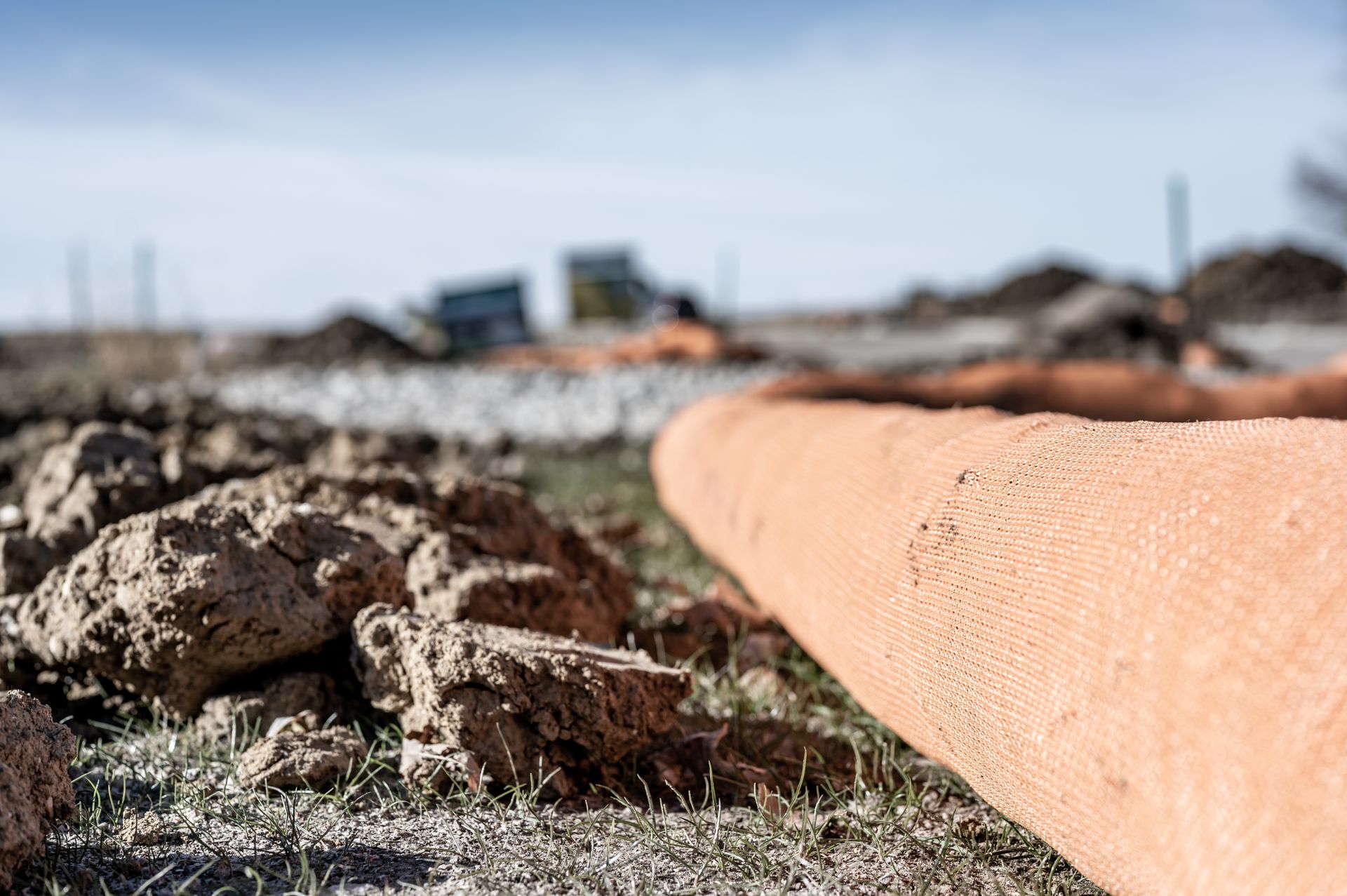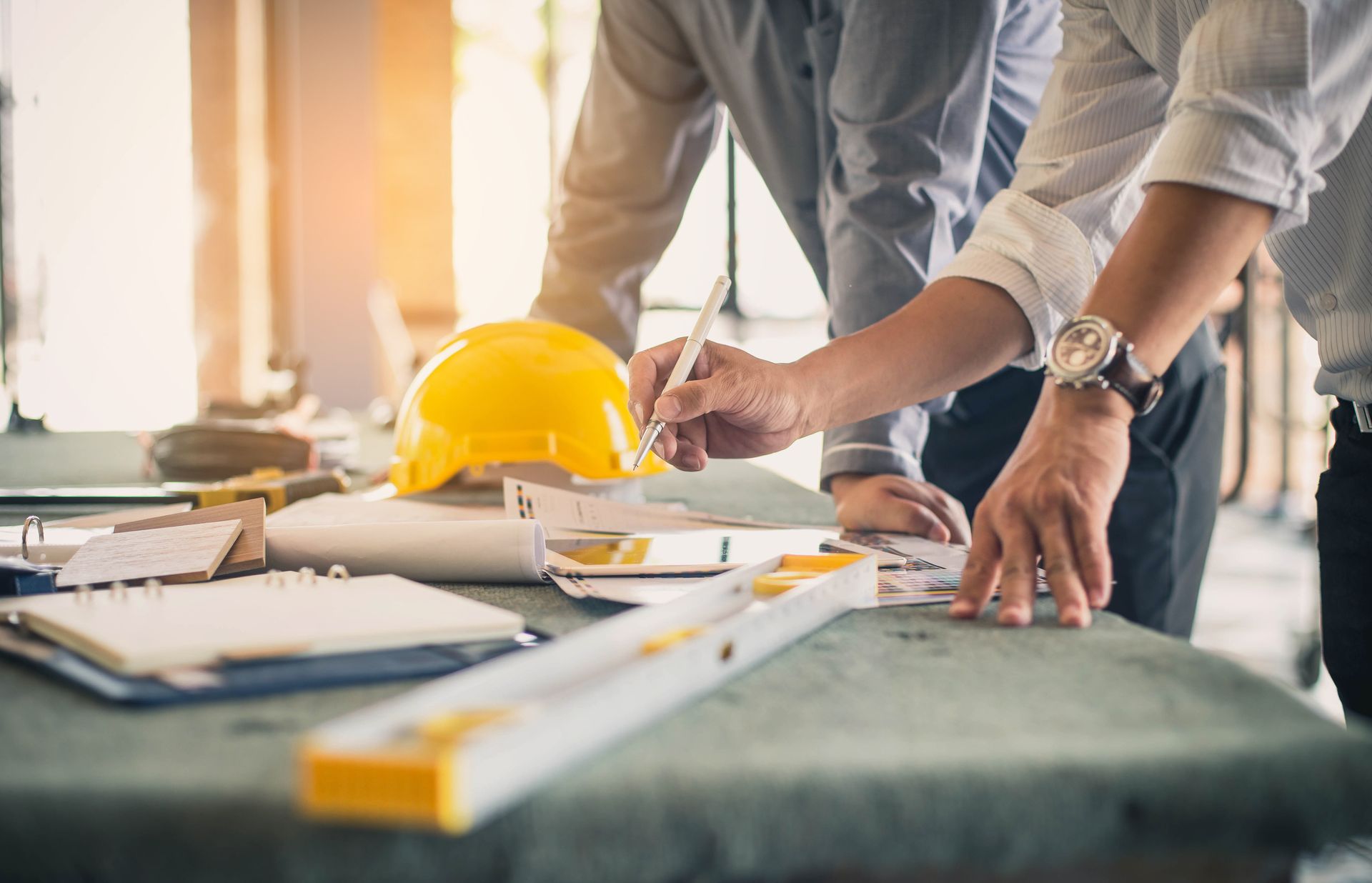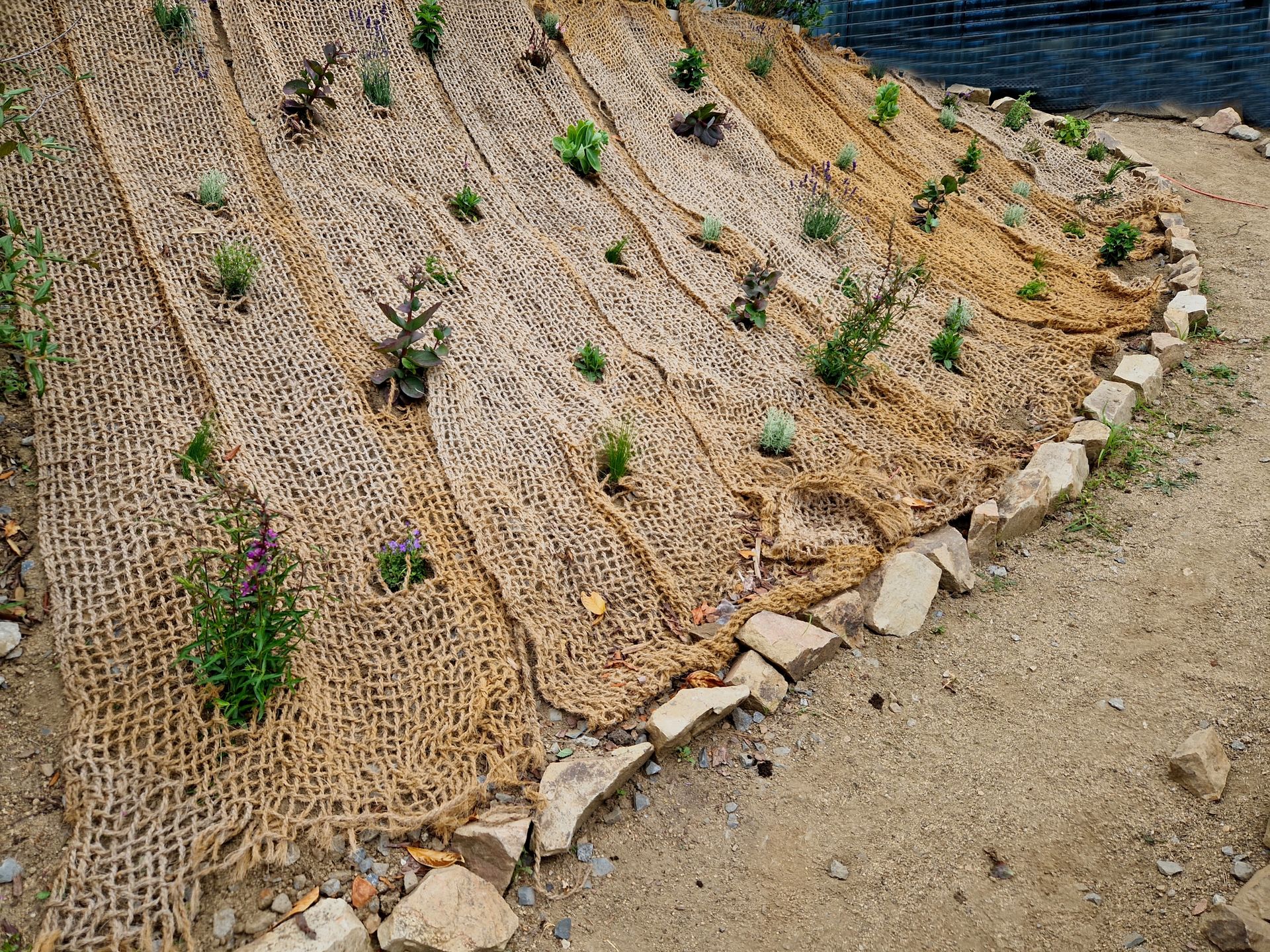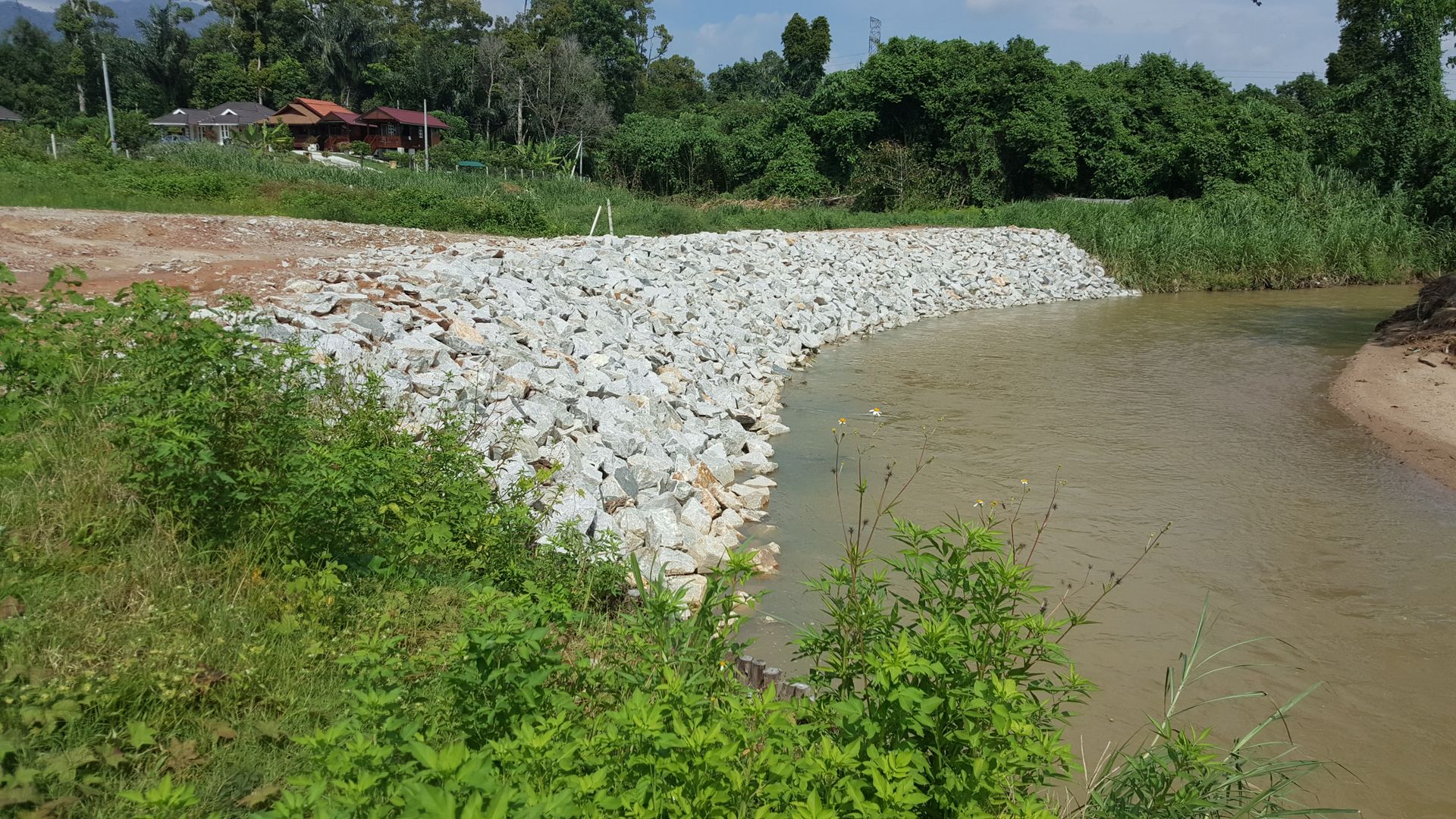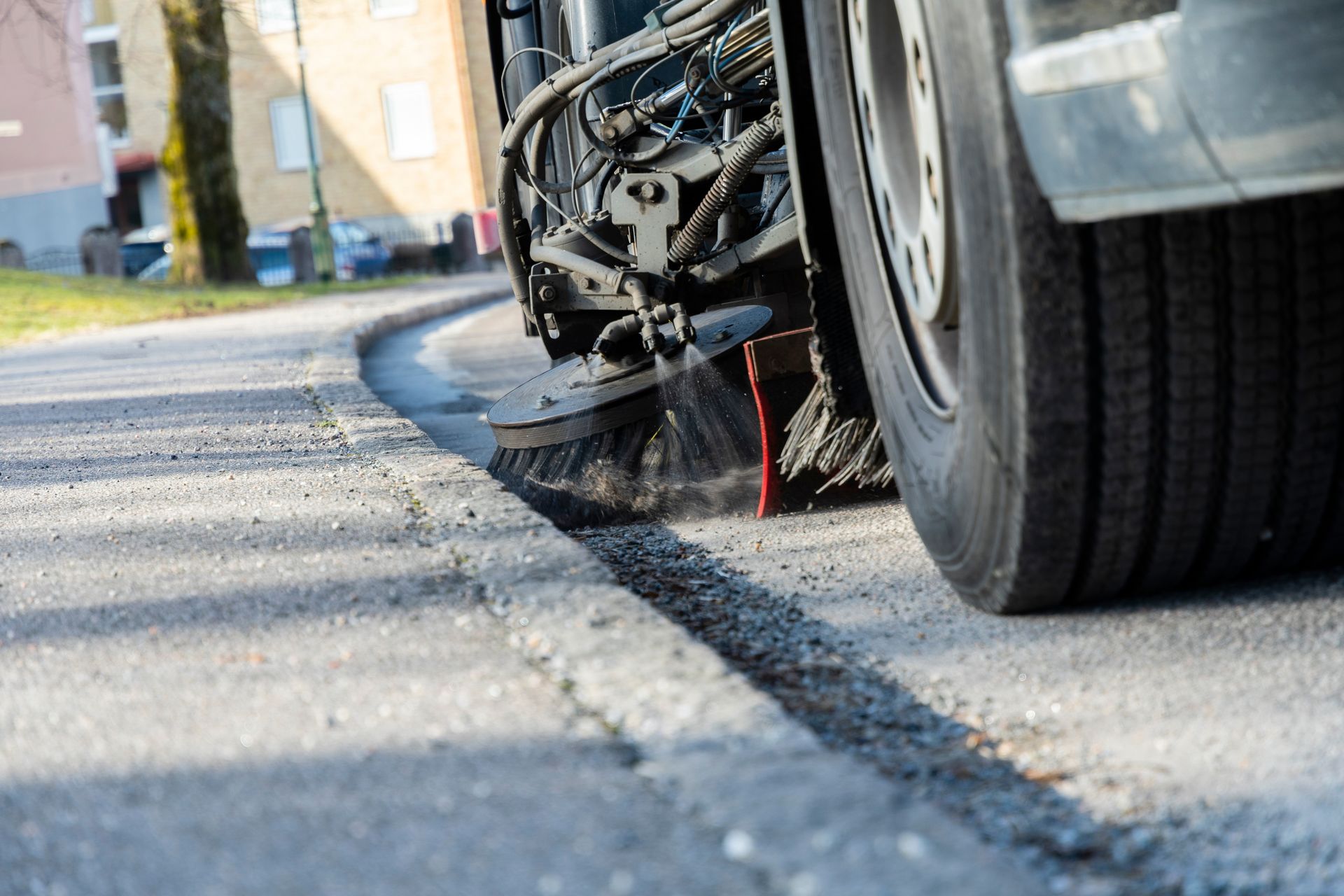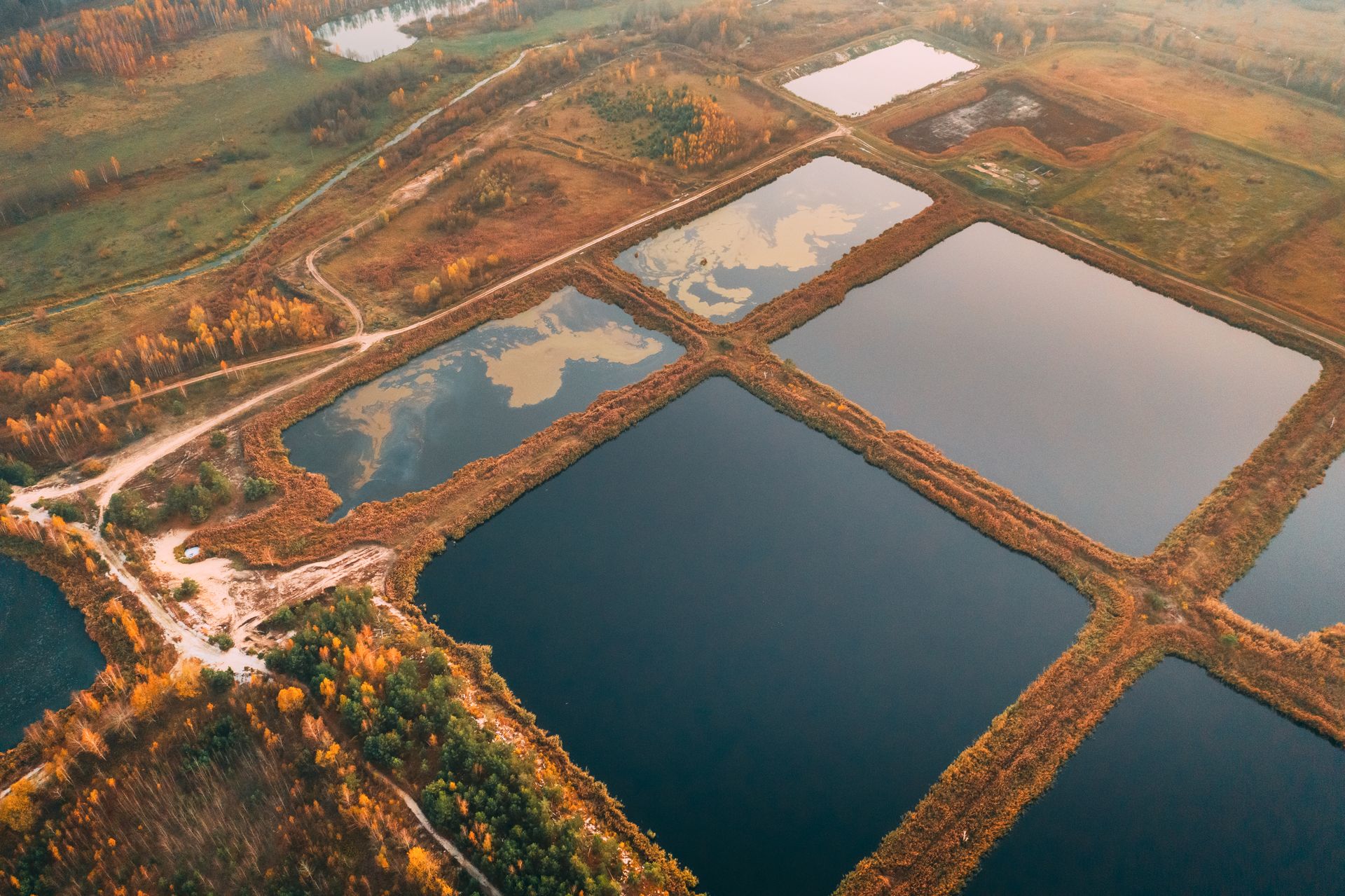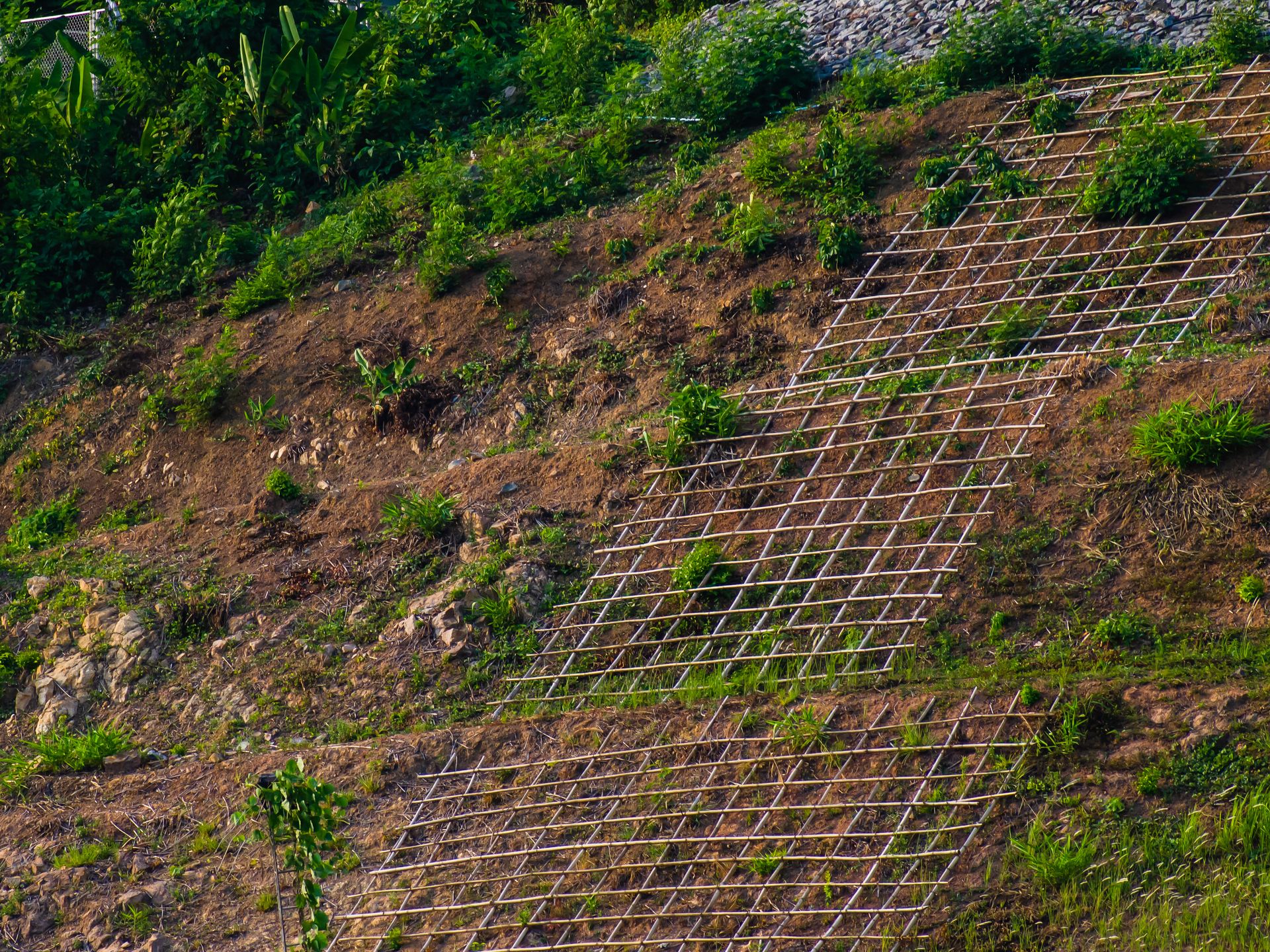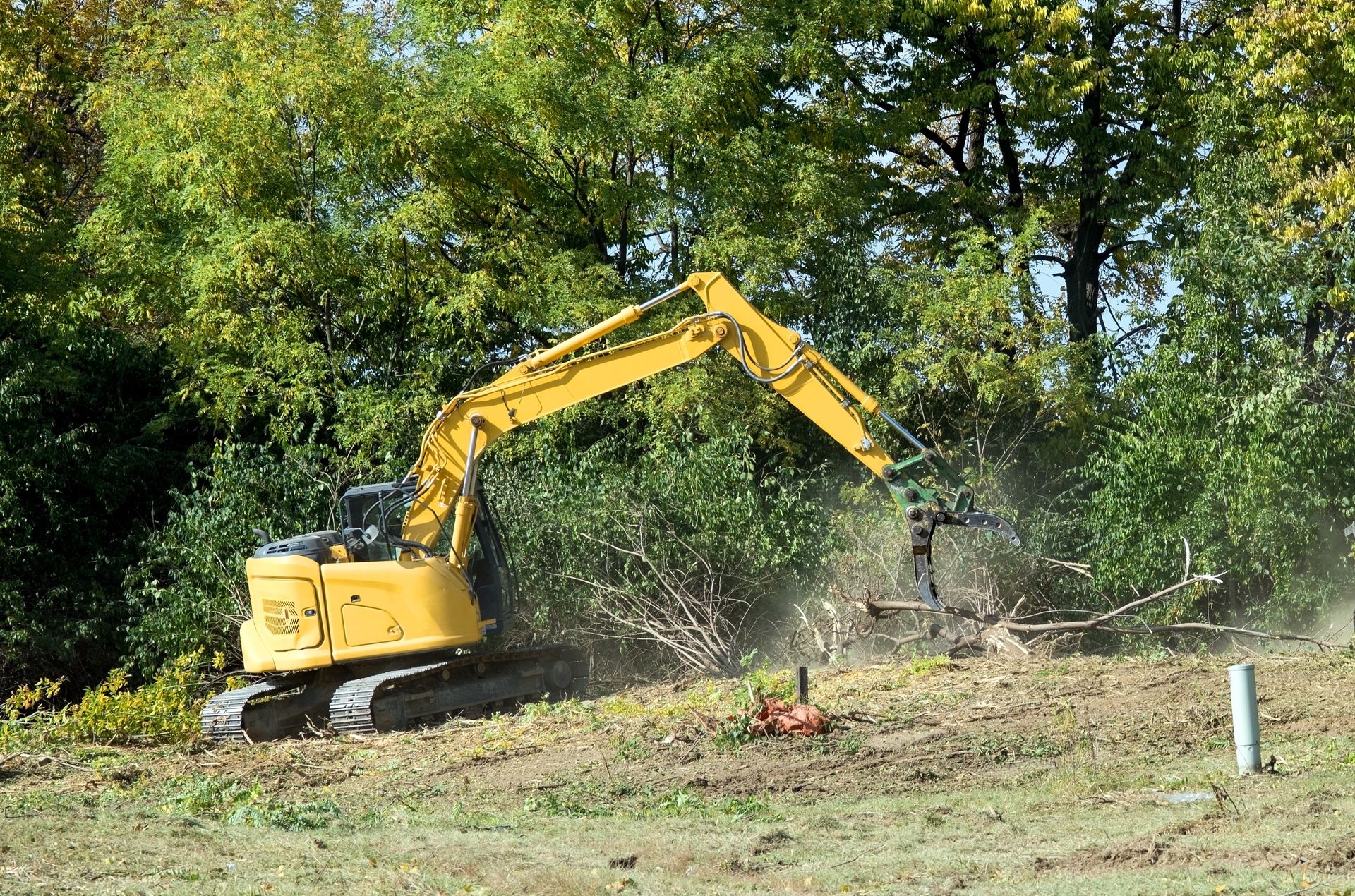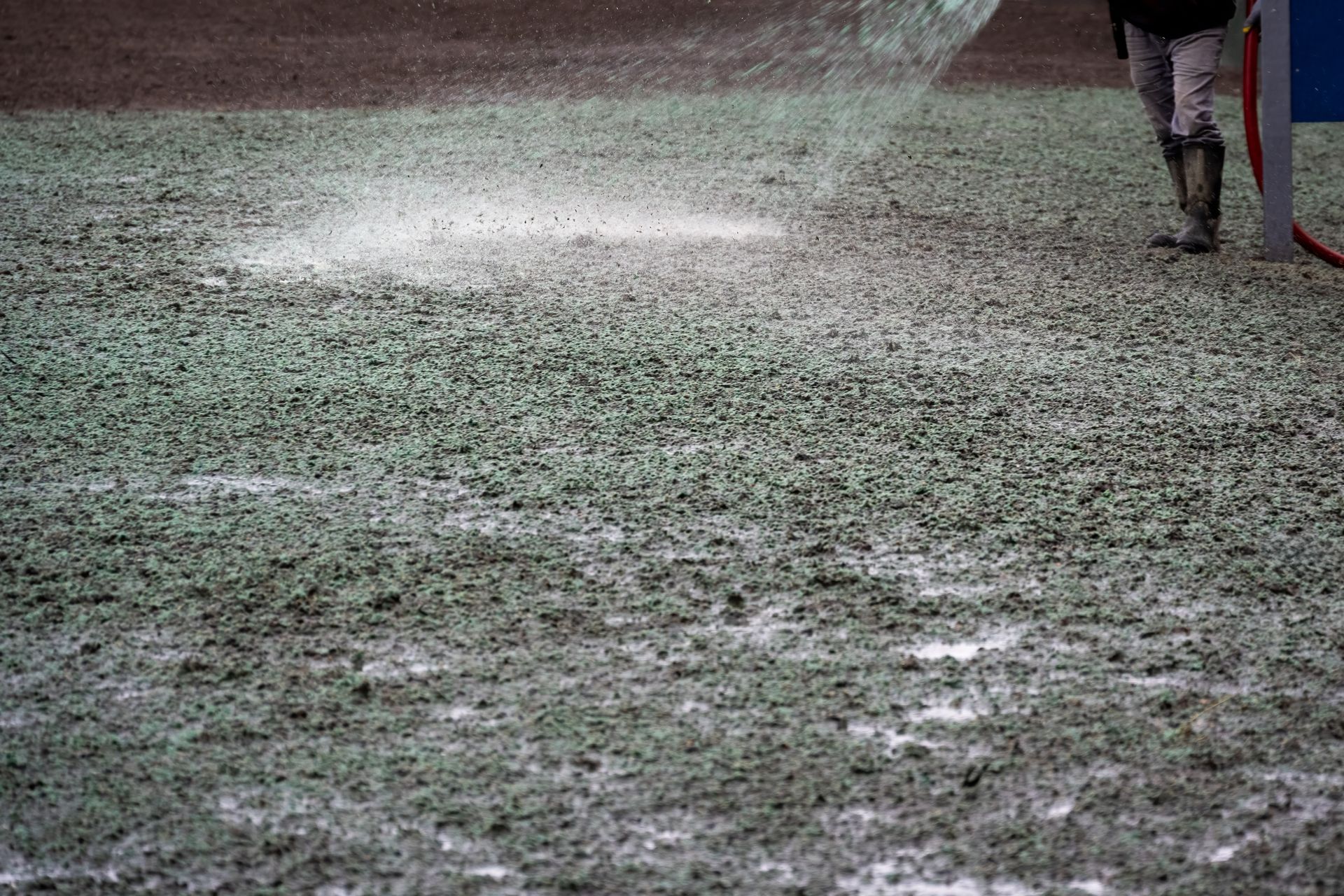In the field of stormwater management, companies are always trying to reduce the impact of their activities while also limiting the impact of the controls they use.
While stormwater BMPs, such as silt fences, retention basins, and ripraps, are excellent at controlling and diverting runoff, they are also expensive and disruptive to install.…
read more
